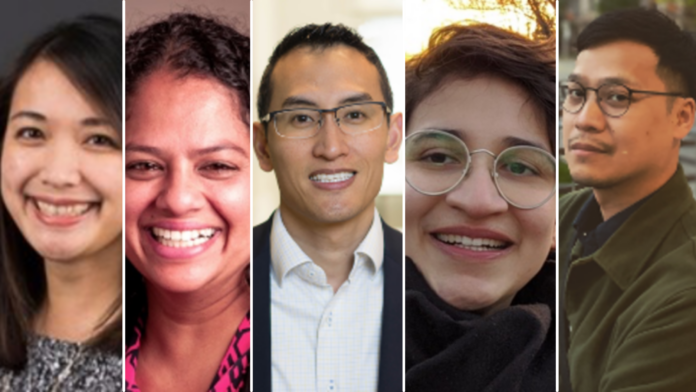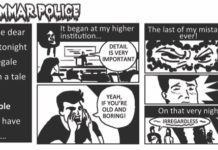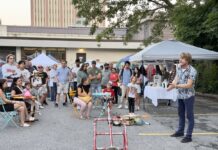
On May 25, the University of Waterloo’s President’s Anti-Racism Taskforce (PART) held a virtual event called the “Explorations of Asian Identity, Perceptions and Belonging.”
The panel discussion explored what it means to be Asian in Canada and delved into the Asian identity in terms of the “model minority,” cross race solidarity and fragmentation of the Asian community as a whole.
The panel featured a diverse group of UW alumni and staff with perspectives from academia, in the eyes of the law, business and from the point of view of the students.
Each panelist brought up key takeaways to think about now and beyond Asian Heritage Month.
Tanya De Mello, assistant dean of students from Ryerson University’s Faculty of Law, said it’s problematic that “we tend to talk about race and identity only when something bad happens.”
“We need to act before something that is so horrible that it galvanizes the world,” she said.
De Mello does significant work in researching issues for and reaching out to minority groups who have intersectional identities, Asians part of the LQBTQ+ community or Black Muslims. She believes that we need to create more allies beyond cultural barriers, country borders and racial identities to fight against systemic racism.
Vinh Nguyen, an associate professor at the Renison University College who specializes in topics of refugee studies, Asian diasporic literature and critical race and autobiography studies, went into detail about how even the term Asian is a “large umbrella term that tends to collapse under its own contradictions.”
When asked if “Asian,” the general identity, is useful or helpful in any way, Nguyen said, “Asian doesn’t encompass skin colors, religion, food, language, and many parts of the cultures.” Knowing this, there are few shared lived experiences and histories that bring together the Asian Canadian community.
Jason Tham, CEO and co-founder of Nuology — a globally recognized software company connecting consumer brands with their external suppliers — talked about trends he noticed even in his own company where Asians are noticeably absent in the tech industry at the director level and are usually limited to middle management roles.
“Education plays a big role in this. Imagery around Asian faces plays a big role in this. Asian people in popular media funnel people to follow a certain image,” Tham said.
Sidra Hasan, a workshop facilitator at Bad Subject with over three years of experience in delivering workshops on subjects such as anti-racism, sexual violence and media literacy opened up about their own experiences.
Internalising the message of the ‘model minority’ from a young age, Hasan said, “I’m not in school because I want to quickly get through, I went to classes because I loved them. But in the back of mind I was thinking about what marks I was getting and what the marks reflect about me.”
Hasan, a former student of Nguyen’s, said they understand that this form of “loving racism” is in effect “Asian success…set up to chastise ‘problem minorities’.” In this way, “Asianess becomes a buffer for whiteness between blackness.”
Following the event, students engaged in discourse about the themes brought up by the panel. “It’s kind of like minorities are fighting for the spotlight because I feel like our issues are sensationalized with the tragedies as they come up,” said Khushi Malik, a second-year political science major.
Second-year liberal studies student Marianne Do echoed this message. “Asian stereotyping and racism is so normalized that people don’t even realize what they’re saying is wrong.”
With PART, UW aims to lead and not just respond to both tragedies and social movements that dismantle structural racism by providing mentorship opportunities and bringing communities together. This effort starts with exposing ourselves to different cultures to stop ‘othering’ what we don’t understand.
“Canada is known as a multicultural place where everyone is treated equally but Canada’s only metric is that they’re better than the United States. But learning about Canadian history, what Canada has done to Black Canadians and First Nations people, Canada is not as good as it seems to be,” said Malik.
Beyond Asian Heritage month, we need to continue to be resilient as a community and find solidarity in the fight against racism. We are weak when we stand apart in fragments of a society but when we engage and invest in each other’s narratives we can create a new model for success.




























